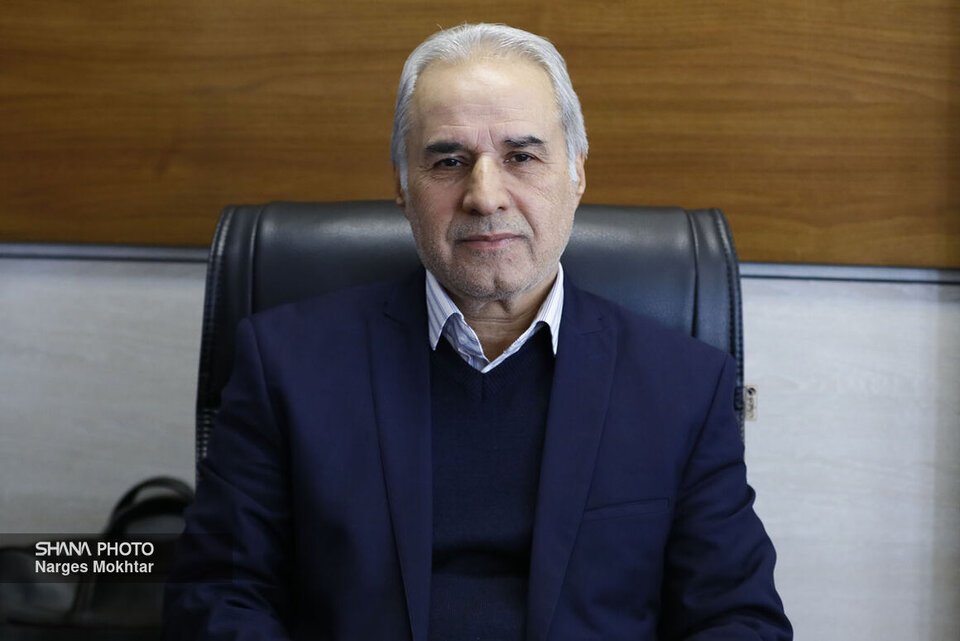Talking to SHANA, Houshang Falahatian added the increase in the country’s refining capacity results in preventing the selling of raw materials.
The construction of integrated refinery and petrochemical complexes helps include crude oil and natural gas in the value chain and create new wealth for the country, he pointed out.
The Oil Ministry under the 13th administration has given a top priority to the completion of the value chain as it creates added value, the official continued and noted that downstream units create the highest added value.
Falahatian said, “In addition to oil products, petrochemicals constitute 30 percent of oil refinery-integrated petrochemical plants’ products and consequently the complexes create the highest added value in the oil industry and help redress a part of fuel imbalance in the coming years.”
Although the construction of small-scale integrated refinery and petrochemical complexes had been planned in the previous years, it was not done, recalled the deputy oil minister, adding the building of Shahid Soleimani Refinery-Integrated Petrochemical Plant with a 300,000-barrel daily capacity was put on the agenda by the 13th administration.
According to him, a refinery-integrated petrochemical plant is under construction in Jask, southern province of Hormozgan, and the executive operations of Shahid Soleimani plant will start soon in Bandar Abbas, the capital city of the province.
The project of Persian Gulf Mehr Refinery-Integrated Petrochemical Plant having a 120,000-barrel daily processing capacity has made over 60 percent progress and will hopefully come on stream within the next two years, mentioned Falahatian, concluding that the projects of South Adish and Pishgaman plants with a 120,000-barrel daily processing capacity on aggregate are also underway in Siraf, a port in southwestern province of Bushehr.


Your Comment